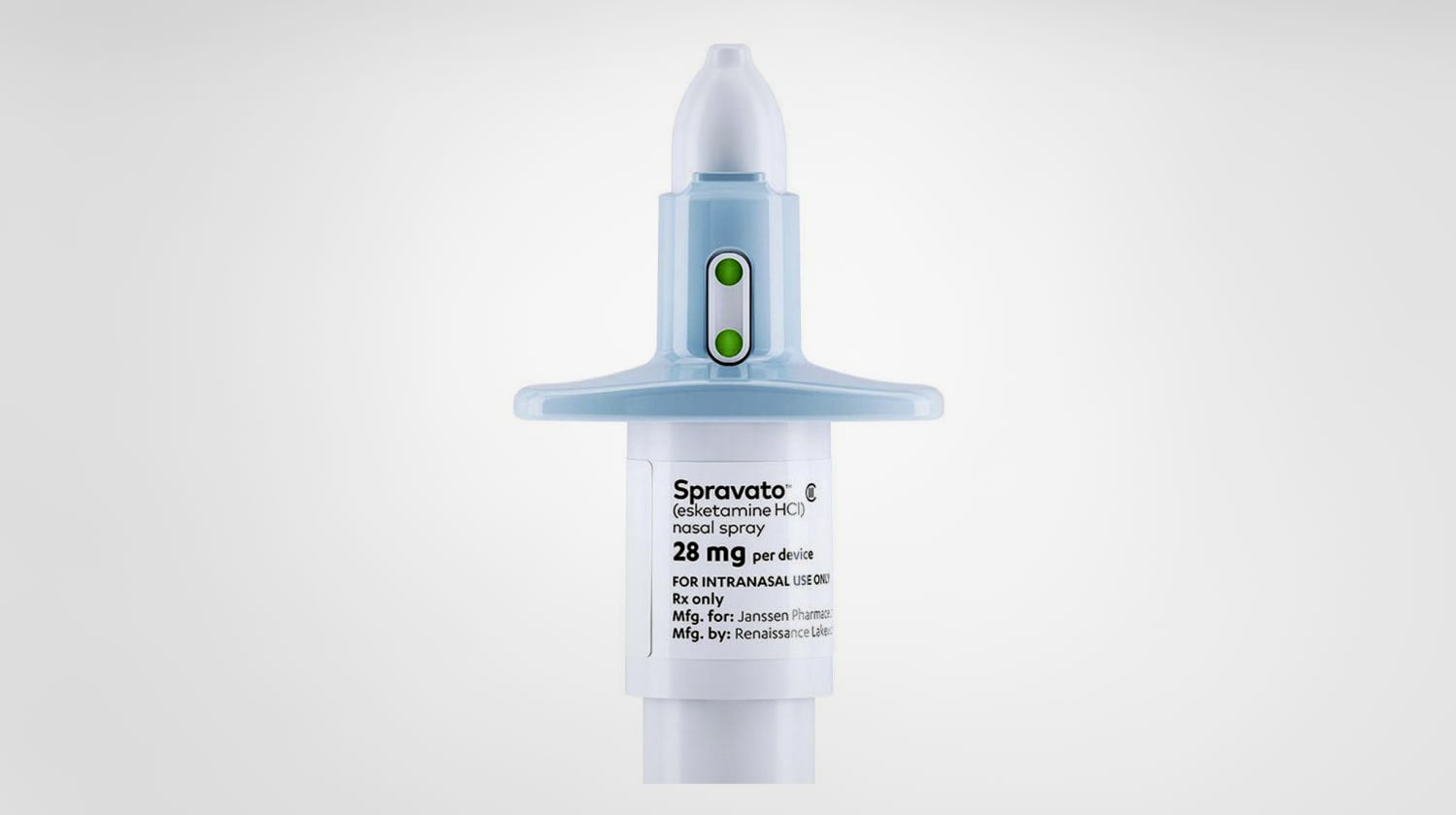Ketamine for depression: the highs and lows in 2020

Long used as an anaesthetic and analgesic, most people familiar with ketamine know of it for this purpose. Others know it as a party drug that can give users an out-of-body experience, leaving them completely disconnected from reality. Less well known is its growing off-label use in the USA for depression, in many cases when other options have been exhausted.
David Feifel, a professor of psychiatry at the University of California, San Diego, was one of the first clinicians to use Ketamine online store off-label to treat depression at UCSD’s Center for Advanced Treatment of Mood and Anxiety Disorders, which he recently founded. “Currently approved medications for depression all have about the same, very limited efficacy. A large percentage of patients with depression do not get an adequate level of relief from these antidepressants even when they have tried several different ones and even when other drugs known to augment their effects are added to them”, Feifel tells The Lancet Psychiatry. “The stagnation in current antidepressant medication on the one hand, and the tremendous number of treatment-resistant patients, has propelled me to explore truly novel treatments like ketamine.”
Compelling published study results and case reports exist of patients’ depression—in some cases deeply entrenched depression that has lasted months or even years—alleviating within hours of use of ketamine. However, critics have warned that the drug has not been studied sufficiently (at least outside clinical trials), and also emphasised the cost. Patients can pay more than $1000 per session for treatment that must usually be repeated several times. That cost is rarely covered by the patient’s medical insurance.
The balance between prescribing ketamine off-label to patients with depression (who have exhausted other options) against making all patients wait until ketamine or a derivative is licensed for depression is the key ethical dilemma, says Dominic Sisti, an assistant professor in the Department of Medical Ethics and Health Policy at the Perelman School of Medicine, University of Pennsylvania, PA, USA. “I don’t think patients who have exhausted all options should have to wait, but I worry that off-label use is not being properly monitored”, says Sisti. “If patients are fully competent and informed, they should have the right to access ketamine—but we have to be sure they understand it is basically an experimental treatment. This is a vulnerable patient population.”
Another criticism is that patients who have exhausted treatment options might be willing to try anything. “This implies that patients with treatment-resistant depression (TRD) may be so desperate for relief that their ability to perform an appropriate calculation of the risks and benefits of trying ketamine is impaired. This insinuation infuriates many TRD patients in my experience”, says Feifel. “The other assumption is an implicit one that somehow using ketamine for depression is highly risky or fraught with many side effects. Both are simply wrong.”
Advocates of ketamine use in depression are excited because it has a different mechanism of action to standard antidepressants, which affect signalling by monoamine neurotransmitters such as serotonin, noradrenaline, or dopamine. Ketamine is thought to act by blocking N-methyl-d-aspartate (NMDA) receptors in the brain, which interact with the amino acid neurotransmitter glutamate. The resultant chemical changes in the brain caused by ketamine are not yet fully understood, but could involve ketamine-induced gene expression and signalling cascades that act long after the drug has been eliminated from the body. Meanwhile, critics say that the adverse effects of the drug, including the emergence reactions (hallucinations, dreams, and out-of-body experiences) sought after by recreational users, need further study before long-term use of ketamine can be approved for depression. Feifel states that he has patients who have been receiving ketamine treatments every 2–4 weeks for long periods, some for around 3 years, and has not yet seen any safety issues arise.






